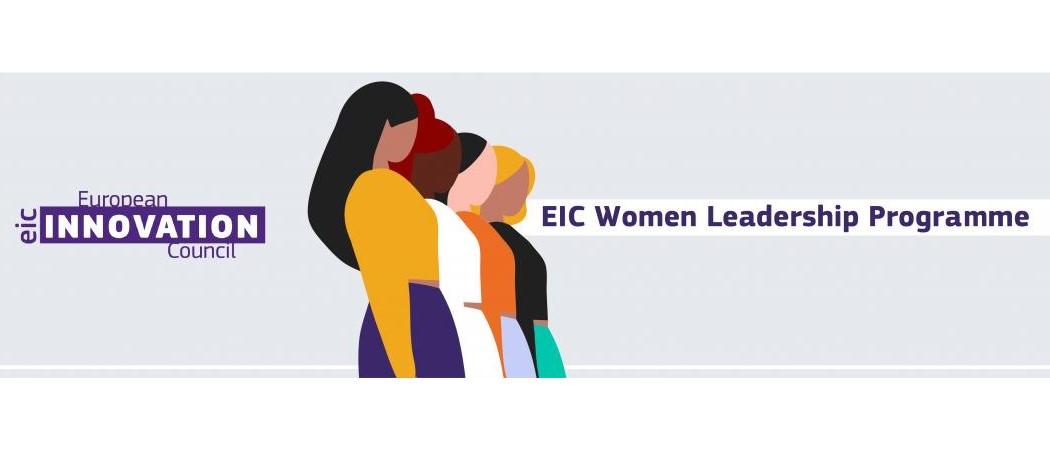Commission launches scheme aiming to close the gender gap in the male-dominated EU innovation ecosystem

EU research commissioner Mariya Gabriel on Monday announced a Horizon Europe-funded service providing promising female entrepreneurs with coaching, mentoring and financing.
Women TechEU, managed by the the European Innovation Council (EIC), will launch its first call at the end of June, offering support to 50 female-led start-ups. In addition, the scheme is open to female innovators and researchers that have already received funding from the EIC.
The Commission is now looking for mentors to support future award winners.
Announcing the scheme on International Women’s day, Gabriel described it as the latest move to foster gender equality in the EU innovation ecosystem. “More efforts are needed to transform the stereotypical image of a tech leader and give more visibility to female entrepreneurs and their companies,” she said.
Technology start-ups in Europe, currently valued at €700 billion, make up a quarter of the EU start-up ecosystem. But the market is dominated by men, with three quarters of companies founded by men, while female-only founding teams lead only 8% of start-ups, and received a mere 1.7% of total funding invested in 2020. “Deep-tech remains a man’s world,” said Gabriel. ”The figures speak [for] themselves.”
Maria Fátima Lucas, CEO of a Barcelona-based biotech that uses computer simulations to accelerate enzyme discovery and engineering, started her company “out of need.” A researcher with no stable position, she wanted to continue working in science. Starting a company was her best bet to continue doing what she loved.
Joining the start-up scene in her 40s, she felt discriminated against for the first time in her life. Meeting with investors and travelling around Europe, she found few women calling the shots. This experience led her to realise being a female start-up founder was about more than personal satisfaction. It was about helping others have the same opportunities. “It wasn’t just an opportunity to do what I loved, I realised that it was also an opportunity to change at least the microworld around myself, to the kind of company I wanted to work in,” said Lucas.
To help close Europe’s gender gap in innovation, the Commission is helping female-led start-ups reach the interview stage when applying for EIC funding. This resulted in an increase in EIC funding awarded to female-led start-ups from 8% to 29% within one year.
Going a step further, the Commission will now ask researchers to submit gender equality plans with their proposals when applying for funding from the Horizon Europe research programme, Gabriel confirmed. These plans would commit the institutions involved to collect gender data on students and staff and raise awareness on gender equality.
According to leaked draft planning documents, for the first time, gender equality could also be a possible a tiebreaker in competitions for funding. While excellence and impact will remain the key criteria, in case of a tie, gender balance between researchers and staff named in the proposal could be the deciding factor.
Dora Palfi, co-founder and CEO of imagiLabs, a start-up building tools for teaching the Python programming language, says female peers, role models and seeing young women programming using imagiLabs tools keeps her motivated and engaged with her work. “What’s keeping us motivated is this extreme focus on our vision to make sure that the next generation of technologists will be more equal,” she said.
The biggest hurdle for Palfi was securing financing. While she admits finding funding is difficult for any start-up founder, seeing discouraging statistics on female leadership in companies and the lack of female success stories, makes it difficult to keep going. “What’s quite challenging is that as much as you believe in yourself and you’re pushing forward with your company, you’re still seeing a lack of representation,” she said.” Finding that strength and that optimism […] that I can be that one percent or two percent can be challenging at times.”





 A unique international forum for public research organisations and companies to connect their external engagement with strategic interests around their R&D system.
A unique international forum for public research organisations and companies to connect their external engagement with strategic interests around their R&D system.